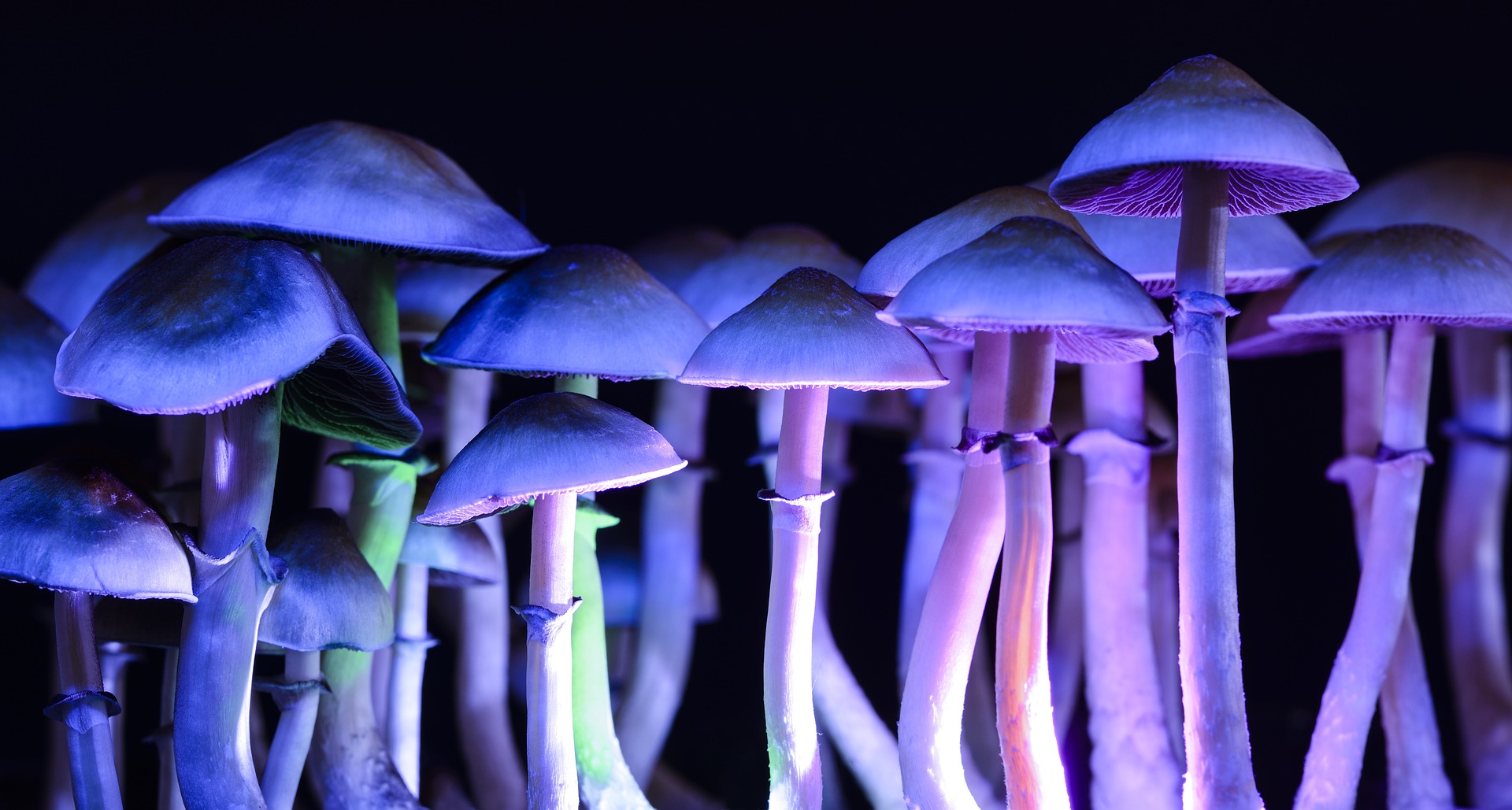News release
From:
Neuroscience: Psilocybin treatment for depression increases brain connectivity
Psilocybin — a naturally occurring psychedelic — provides therapeutic responses in patients with treatment-resistant depression via increased connectivity between the brain’s functional networks, a mechanism that is not seen with the conventional antidepressant escitalopram. The findings, published in Nature Medicine, provide insights into the pathways underlying treatment-resistant depression.
Patients with depression often exhibit what is known as a ‘negative cognitive bias’, characterized by pessimism, poor cognitive flexibility, rigid thought patterns, and negative fixations about ‘self’ and the future. At least six separate clinical trials have reported improvements in depressive symptoms with psilocybin therapy. However, despite these results, the therapeutic action of psilocybin and related psychedelics is not yet fully understood.
Richard Daws and colleagues collected and analyzed brain imaging data from a sample of 59 patients participating in two clinical trials of psilocybin efficacy. The first trial included 16 patients (mean age, 42.75 years; 25% female) with treatment-resistant depression — defined as a type of major depressive disorder in which multiple courses of antidepressant treatment have not improved depressive symptoms. The second trial analyzed imaging data from 43 patients with major depressive disorder, 22 of whom received psilocybin (mean age, 44.5 years; 36% female), whereas 21 patients (mean age, 40.9 years; 29% female) received the conventional antidepressant escitalopram, and a low dose of psilocybin. Overall, the authors found that psilocybin therapy delivered a rapid, substantial and sustained antidepressant effect that was significantly greater than escitalopram. The alleviation of depression significantly correlated with an increase in the connectivity between the brain’s functional networks. These significant changes in the brain’s modular organization are reminiscent of a “carry-over” effect of psilocybin’s acute action on brain function. These changes were not observed in patients who received escitalopram.
These observations suggest that psilocybin — and possibly other psychedelics — have a novel mechanism of action relative to that of conventional antidepressants. Specifically, psilocybin therapy may alleviate depression by liberating entrenched brain networks and encouraging integrated and flexible brain functioning that is conducive to better mental health.



 International
International


